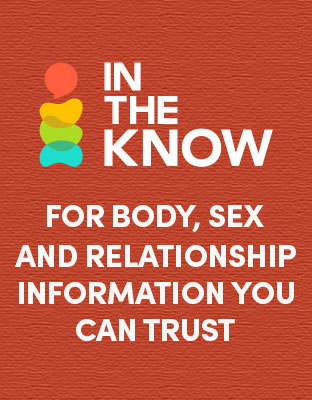Unnecessary testosterone therapy most likely for city men
3 October 2017
The use of testosterone replacement therapy has been increasing in Australia, and around the world, since 2000 and new research from Family Planning NSW suggests older men, living in cities may be accessing the therapy outside recommended guidelines.
Testosterone replacement therapy has been shown to be beneficial for men with extremely low testosterone but there is little evidence that it has benefits for other men who have low testosterone due to ageing.
Doctors are being cautioned to carefully consider their prescribing practices in light of new research in the Australian Journal of General Practice which shows testosterone is being prescribed to men who do not have extremely low testosterone – pathological hypogonadism – and without appropriate hormone tests taking place.
In the research Factors associated with the initiation of testosterone replacement therapy in men Family Planning NSW, used data from the 45 and Up Study1 run by the Sax Institute, to look at what types of men were being prescribed testosterone replacement therapy.
FPNSW Medical Director Dr Deb Bateson said the research tracked the experiences of more than 100,000 men and older men living in urban areas were more likely to have testosterone prescribed than any other group.
“These older men, living in cities were more likely to have testosterone prescribed, although there is no evidence low testosterone is more prevalent in cities and about 60% of men starting this therapy had not had their testosterone levels confirmed with appropriate testing,” Dr Bateson said.
“These results suggest testosterone is being prescribed to men who are not proven to have extremely low levels of testosterone even though we know there are few health benefits of this therapy for men who simply have slightly lowered testosterone levels due to ageing.
“We have seen a reduction in testosterone prescribing since 2015 when the Pharmaceutical Benefits Scheme put additional restrictions on subsidised testosterone prescriptions however, the prescribing of testosterone remains high and men and their doctors need to be certain there is real medical value in their use of this therapy.”
When prescribed correctly testosterone therapy can help improve erectile dysfunction, depression and hot flushes for men with extremely low testosterone levels. However, for men who are simply experiencing lowering levels and moderate symptoms including low libido or general malaise the benefits of testosterone therapy are low.
Dr Bateson said men were encouraged to consult reputable sources (for example, Andrology Australia) for information on the benefits and harms of testosterone treatment.
1 45 and Up Study is an ongoing cohort study in New South Wales (NSW), Australia. Participants were randomly sampled from the Department of Human Services enrolment database, which provides near-complete coverage of the population. A total of 266,942 participants completed the baseline questionnaire (between January 2006 and December 2009) and gave signed consent for follow-up and linkage of their information to routine health databases including the Medicare Benefits Schedule (MBS) and PBS database.
More information:
0402 880 653
media@fpnsw.org.au




